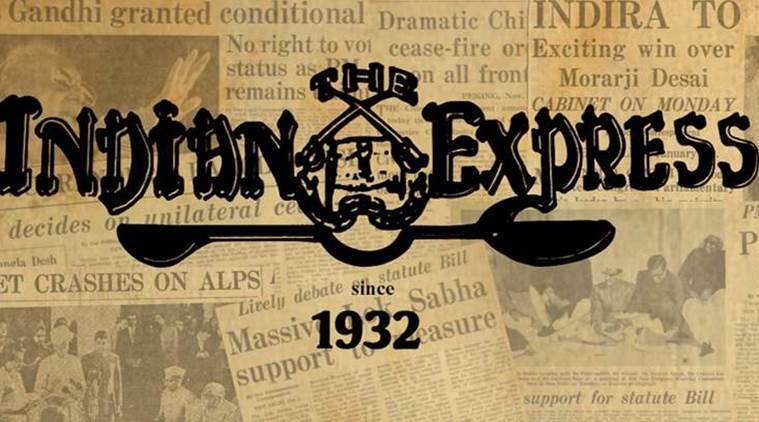 Pakistan needs to acknowledge a grim reality: It faces international isolation because of its security policies
Pakistan needs to acknowledge a grim reality: It faces international isolation because of its security policies
The Financial Action Task Force (FATF), an international inter-governmental body that aims to combat terror financing and money laundering, gave Pakistan notice in February that it would be put on its “grey list” — or put on watch — if it did not submit an action plan by June to address “areas of concern”. At the three-day FATF plenary meeting in Paris that concluded Friday, the Pakistan delegation submitted a list of 26 actions that it will take over the next 15 months. The acceptance of this list and the commitments implicit in it by the FATF means that Pakistan will be formally put in the grey list, not the “black list”. Among the actions that Pakistan has promised to take are the initiation, by January 2019, of investigations into the finances of terrorist groups and their members designated by UN Security Council resolution 1267 and 1373, freezing of their assets, updating of the list of terrorist entities and persons banned under its own Anti-Terrorism Act and those designated by the UN; and by September next year, widening the scope of these investigations to cover a range of terror financing activities, including currency and narcotics smuggling, and the use of NGOs by terrorist organisations for fund raising.
The entities named in its action plan are Jamat ud Dawa, its NGO Falah-i-Insaniyat Foundation, Jaish-e-Mohammed, al Qaeda, Da’esh, Haqqani network and persons affiliated with the Taliban. How these commitment square up with allowing the UNSC 1267 designated JuD to field 250 candidates in the election is a question that begs to be asked. But it says much about Pakistan’s self-assessment of its place in the world that being in the “grey list” is not seen as dire. Despite the implications for ratings, raising funds and financial assistance, the Foreign Office spokesman’s declaration that Pakistan has been there once before in 2011, conveyed an air of sanguinity.
It is the next government that has to fulfill the “action plan” by the committed deadline of September 2019. But it is the Pakistani security establishment that will call the shots on this. So far it has refused to see that turning the country into a free range for UNSC designated individuals and groups is getting it diminishing returns. Nawaz Sharif, the only politician to have openly confronted the Pakistan military over this, now stands disqualified from holding office for life. But Sharif’s words that the country faces international isolation because of its security policies rang true at the FATF, where the US, UK, France and Germany were behind Pakistan’s listing, and friends like China and Saudi Arabia did not speak up for it.